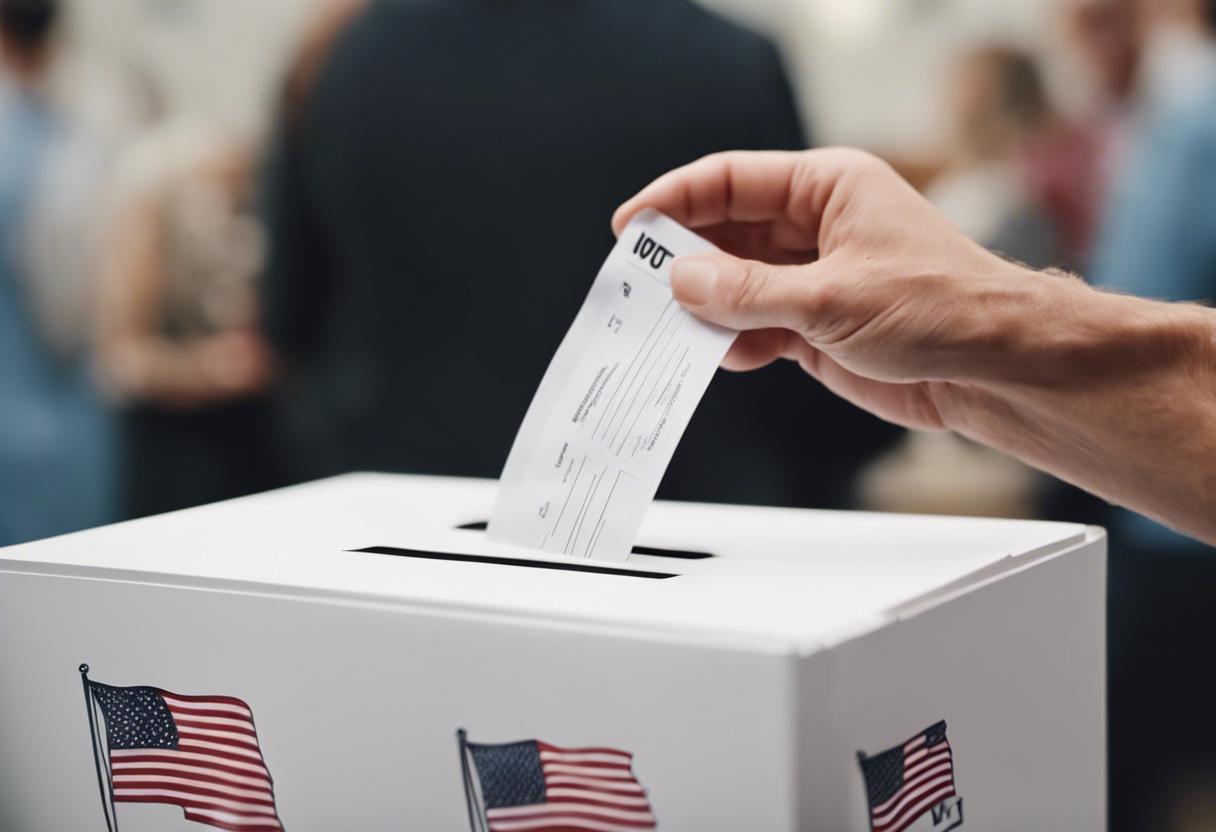Legislators from all political factions have been echoing, for several months, a shared concern they hear from many of their constituents – the escalating cost of living. Despite this year’s subdued inflation, the expense of living hasn’t shown a decrease, leaving many feeling that their incomes aren’t keeping up with the climbing costs. Numerous individuals lament over the limited fiscal freedom they have left by the end of each month.
Fortunately, among those in power, there’s an opportunity to address and mitigate this problem. Thus, another significant one-time relief package – the third of its kind – is likely to be included in the upcoming budget.
Recent polling data offers a clear expectation from the public regarding this issue. Half of all polled individuals are hoping for assistance with living costs in the forthcoming budget, a sentiment echoed by more than double the 24% of respondents who prefer increased public service spending. Tax decreases (16%) and surplus savings (8%) trail in priority. The primary ask from the public is clear – we need additional money.
Given the recent promises by government ministers, including party leaders, cash relief following the budget is almost certain. However, whether this will warrant them public gratitude is another question. Based on past experiences, while previous relief budgets haven’t led to a significant boost in support for the government, they haven’t resulted in any negative effect either. During a period when other countries including the UK and US have seen unpopular governments due to rising living costs, the local government has managed to maintain its footing, a success likely linked to these expansive budget packages aimed at cushioning – though not altogether offsetting – the uptick in living costs.
Perhaps the most straightforward way of describing it would be this: there’s no absolute certainty that the electorate will appreciate it if the Government allots them financial benefits in the budget. However, disappointment is assured if such benefits are not allocated.
The link between voting preferences and worries about living costs becomes even more clear when electors were questioned about the issues that would sway their decision in the polls.
By a significant margin, the highest number of participants – nearly one-third (32%) – suggest that what will have the most profound impact on their vote is the cost of living. Regarding broader economic topics, an additional 6% pinpoint the economy while 4% attribute tax as the matters that would probably dictate their vote. Health issues account for 16%, house prices another 16% and rent costs carrying 8% of significance. Immigration is regarded majorly by 12% of the participants. Climate change scored a mere 4%.
These statistics will undoubtedly nudge the Government towards organising as generous a budget proposal as it is capable of. Indeed, it will be scrutinised by economists and the Irish Fiscal Advisory Council for being reckless (and by the entire opposing parties for not being sufficiently kind) but as politicians invariably explain, the economists do not confront elections.
The results of the poll imply that the public’s desire for long-term financial restraint is not exactly surpassing, to the possible disappointment of those who uphold these principles. Stowing away the surplus is distinctly a less popular preference (8%) for the budget. When polled about the Apple tax windfall, the suggestions of saving for the future (5%) or diminishing the national debt (7%) attracted a similarly slender response.
On the other hand, a resounding half of all participants (50%) voice their wish to have the funds invested on “housing and other urgent necessities”; while a further 36% favoured an amalgamation of all three choices.
There exists a hint of pessimism in the final query of today’s poll instalment. When questioned whether they believed millennials would enjoy improved or decreased life prospects if they relocated abroad, two-thirds of voters expressed that their chances would improve by departing Ireland. Only a scarce 6% stated they might fare better at home. This exposes structural shortcomings that are unlikely to be resolved by simply dispersing easy money in the budget. Some issues are more challenging to rectify.
– Tune into our Inside Politics podcast for the prime political conversation and critique.

